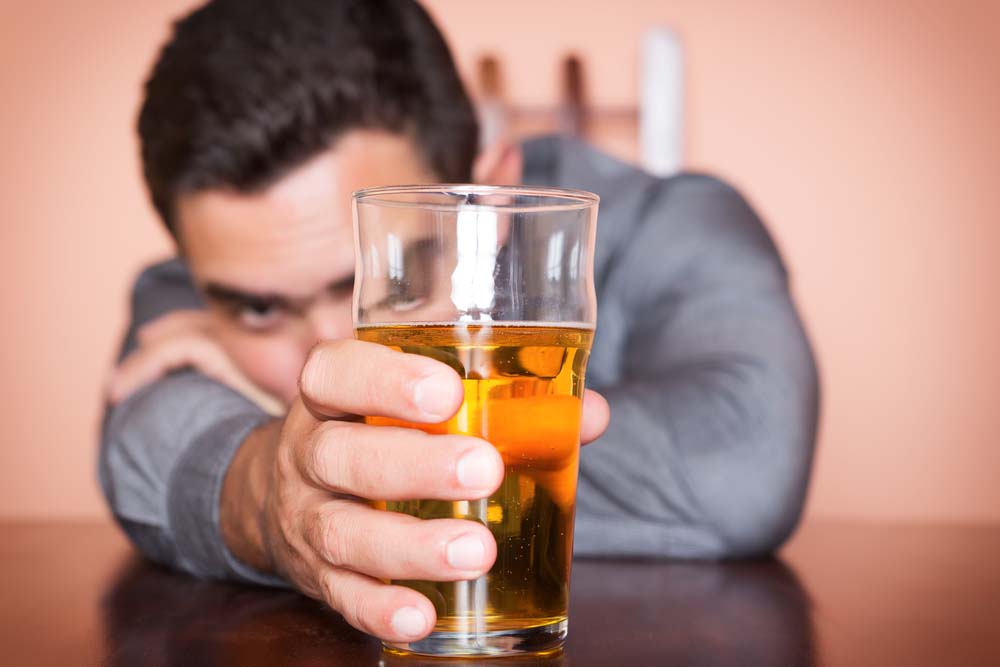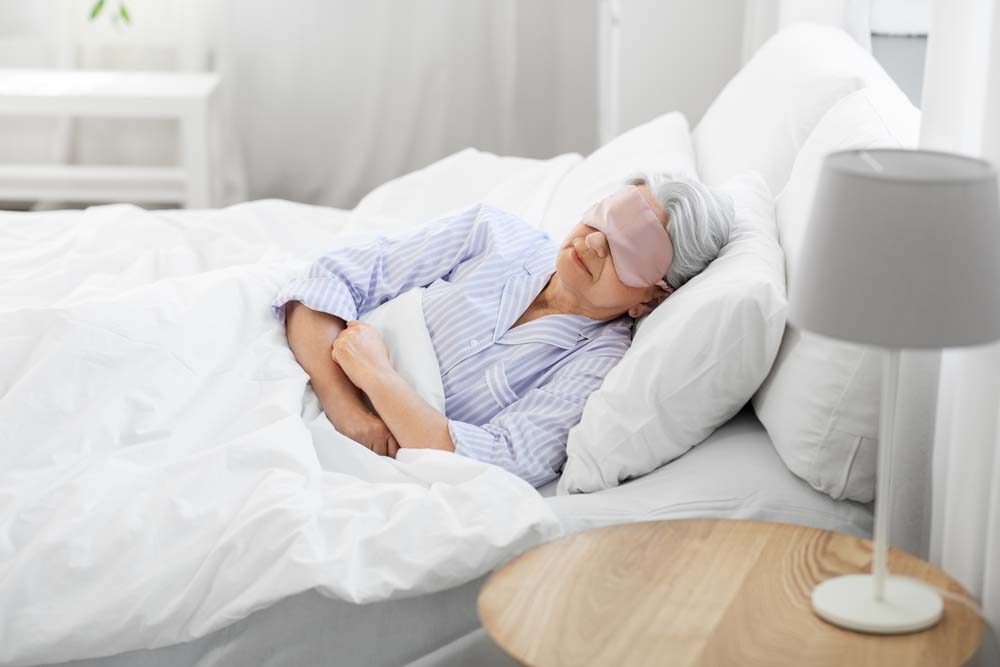SLEEP APNEA 101
Will Reducing Alcohol Consumption Help With Sleep Apnea?
Sleep is essential to our well-being. Sometimes, drinking alcohol can disrupt the quality and quantity of our sleep. If you have sleep apnea, drinking alcohol may further worsen your symptoms and lead to increased snoring in some individuals. If you regularly consume alcohol and are continuing to have trouble sleeping, ask a healthcare provider how you can learn to manage or decrease consumption.
What Sleep Problems Can Drinking Alcohol Cause?

Alcohol is known to lower our inhibitions and can help us relax. However, it can also cause a host of health problems, with sleep problems being one of them. If alcohol is consumed, the brain’s normal activity is disrupted during sleep, causing excessive wakefulness or a lack of REM sleep. This alteration in a person’s circadian rhythm can lead to serious effects like insomnia and a decrease in the hours a person sleeps.
Insomnia
Insomnia is characterized by trouble falling or staying asleep. Insomnia can be incredibly frustrating and cause a decrease in the percentage of time spent sleeping and more time spent lying awake unable to sleep. Even just a small amount of alcohol can disrupt the quality of sleep you get.
Decreased Hours of Sleep
The longer it takes you to fall asleep, the less time you’ll have to get a proper night’s rest. The hours you sleep can especially be impacted if you drink it closer to bedtime, as this can immediately shift the natural rhythms of our body’s circadian rhythm and disrupt the production of melatonin, the sleep hormone.
How Does Alcohol Affect the Different Types of Sleep Apnea?
There are several different kinds of sleep apnea, and alcohol can have a negative impact on each of them due to its ability to relax the muscles and obstruct the airways. This obstruction makes it harder for people to breathe properly, which is essential to getting a good night’s rest.
Obstructive Sleep Apnea
Obstructive sleep apnea (OSA) is when the soft tissue present in the back of the throat collapses, leading to an interruption in normal breathing patterns. When alcohol is added into the picture, it can worsen symptoms of OSA and has the potential to become deadly. Alcohol leads to added nasal congestion, making it harder to breathe. It can also aggravate OSA by increasing the time between when someone stops breathing while asleep, and when their mind registers to “wake up” and take another breath.
Central Sleep Apnea
Central Sleep Apnea is when the brain fails to send signals to the muscles that control breathing, leading to lapses in breathing effort. Alcohol has strong effects on the nervous system. Since central sleep apnea is a nervous system disorder, it can slow the signals in your brain telling you to keep breathing. This in turn leads to longer breathing pauses and delays in the brain’s connection to the respiratory system. For the health of your brain, most people with central sleep apnea may report healthier sleep cycles with reduced alcohol intake.
Should You Avoid Drinking Alcohol With Sleep Apnea?

Most healthcare experts will encourage sleep apnea patients to limit alcohol consumption, but completely avoiding alcohol will not cure sleep apnea. However, due to the ongoing health effects of alcohol, limiting alcohol may help reduce other sleep problems. It never hurts to limit alcohol consumption and see if you notice any changes in your sleep habits.
Alcohol and Snoring
When muscles become relaxed with alcohol, this can also relax the airways of our nostrils and contribute to excessive snoring. However, alcohol itself does not cause snoring. While it does not directly cause snoring, it can further contribute to snoring symptoms due to vibrating soft tissues in the upper airway.
When To Reach Out to a Sleep Expert
If you continue to have sleep issues such as snoring or sleep apnea, always reach out to a professional. A provider can assess your unique circumstances and find a treatment plan that works best for your lifestyle.
- Gasping for breathe during sleep
- Insomnia
- Snoring
- Chronic fatigue
Do You Have Sleep Apnea?
Contact us to learn how to manage your relationship with alcohol.
Contact us
Call us
Location
1700 Eagle Harbor Pkwy, Suite 7
Fleming Island, FL 32003
Hours
Monday 9am- 4pm
Tuesday 9am- 4pm
Wednesday 10am - 5pm
Thursday 9am- 4pm
Friday By Appointment
Saturday Closed
Sunday Closed